Octopus Money’s Head of Advice, Tom Francis, reveals his top 3 investing mistakes.
When you ask people what they regret most about investing, the number one thing we hear is “I wish I’d started earlier.”
It’s a bit of a paradox actually. When you’re younger you want to wait to have more money to invest, and when you’re older you wish you’d started earlier, even if it was just small amounts of money.
Interestingly, compound interest calculators actually show that investing small sums early on can leave you with more money than investing larger sums later in life.
For example, if you invest £200 a month for 25 years at a 5% return, you would end up with just under £118k. If you waited 10 years, you would need to invest £445 a month, to end up with the same amount. That’s more than double, just because you waited 10 years! This is the power of compounding over time. (You can read more about the power of compounding here.)
We might not have a time machine for you to go back to 1997 and buy stocks in the world’s largest tech companies, but you can go for it and start investing if it’s right for you today.
Investing isn’t something that anyone can do perfectly, but it shouldn’t stop us from getting started, and we can always learn from our mistakes.
Here are 3 of my own personal investing regrets:
Regret 1: Waiting to invest “at the bottom”
In the COVID days, in October 2020 stock markets were falling and falling. I waited and waited to try and invest some savings at the bottom of the market, to try and benefit from buying stocks as cheaply as possible. As a result, I missed the “bounce” in investment values which happened over November and December, harming long term returns!
The lesson: DON’T TIME THE MARKETS. Set up a regular contribution and forget about it. You will always benefit from pound cost averaging! Time in the market always beats timing the market.
Regret 2: Don’t fall in love with your investments
I was lucky enough to own some company stock, which I was positive would change the world and become the next big thing. The share price had risen from $2 to $12, and I thought the only way was up. I was so sure that I bought more, and exercised my options, paying a big tax bill. Then the week after, interest rates started rising, and many tech companies started to struggle, and some even went bust! The current share price? $2.
The lesson: If investing is really exciting, you are probably doing it wrong, or taking on too much risk. Stay really well diversified. Sharp increases in return often mean there can be sharp decreases too!
Regret 3: Saving cash for a short term goal is not about being a winner, it’s about NOT being a loser!
When saving for a house deposit, I kept savings invested until the last possible moment, thinking I wanted to have the best chance of returns possible. But the reality is that over a couple of months, it’s extremely unlikely that you could earn any more than 1% or 2%. It is however very possible that they could fall in value by 5%. This caused unnecessary anxiety around the time of buying a house!
The lesson: Stock markets tend to rise slowly, but can fall quickly. When you are planning to use money in the near future, make sure the level of risk you are taking is right.
*With investing your capital is at risk. Your investments may go down as well as up, and you may get back less than the amount you invested.
